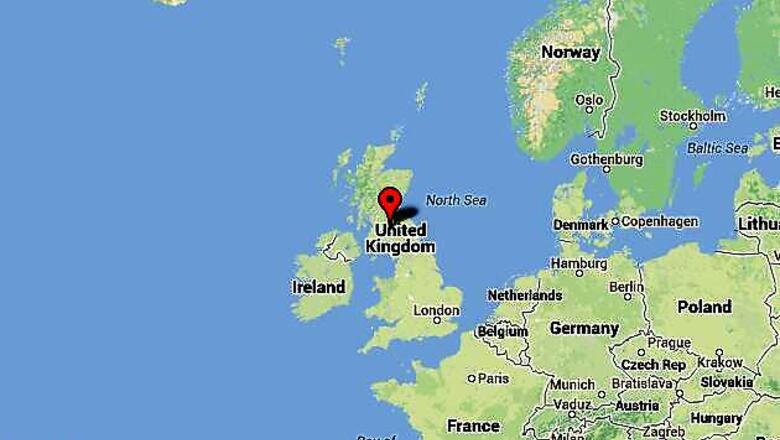
views
Gay marriage in England and Wales is a step closer to becoming legal after the House of Lords approved the change. It paves the way for the first legally recognised same-sex wedding to take place in the country by mid-2014.
The Same Sex Couples Bill will now go back to the House of Commons for MPs to consider changes made to it in the Upper House but with debate limited to just those amendments, the bill is certain to become a law.
The Queen is expected to be asked to give her royal assent by the end of this week. In an emotional speech, Labour's Lord Waheed Alli of Caribbean origin, who is openly gay, thanked peers,"My life and many others will be better today than it was yesterday."
Supporters of the bill in the House of Lords, upper house of the UK Parliament wore pink carnations yesterday, while gay marriage activists danced outside the Houses of Parliament in central London.
Baroness Stowell, the government spokesperson who steered the bill through the Lords, told the chamber it was a "historic" achievement. Gay rights activists have vowed to press on for equal marriage in Britain's other constituent nations Scotland and Northern Ireland. Under the Bill, religious organisations are protected from being compelled to conduct gay marriages with the choice to opt in or out.
However, opponents of gay marriage warned that the legislation would "come back to bite" Prime Minister David Cameron. The Coalition for Marriage campaign group said it would mobilise a 700,000-strong support base ahead of next year's European elections and the general election in the UK in 2015.
They plan to challenge candidates of all parties to back a list of commitments to introduce new legal protections for workers such as teachers and registrars who hold to a traditional line on marriage. They will also be campaigning to open up civil partnerships to allow family carers and unmarried siblings to benefit from the same inheritance tax exemptions as married couples.
Gay couples in Britain have had the right to enter into a civil partnership since 2005, giving them identical rights and responsibilities to straight couples in a civil marriage. But campaigners point to some differences such as international recognition, which applies to marriage but not partnerships.



















Comments
0 comment